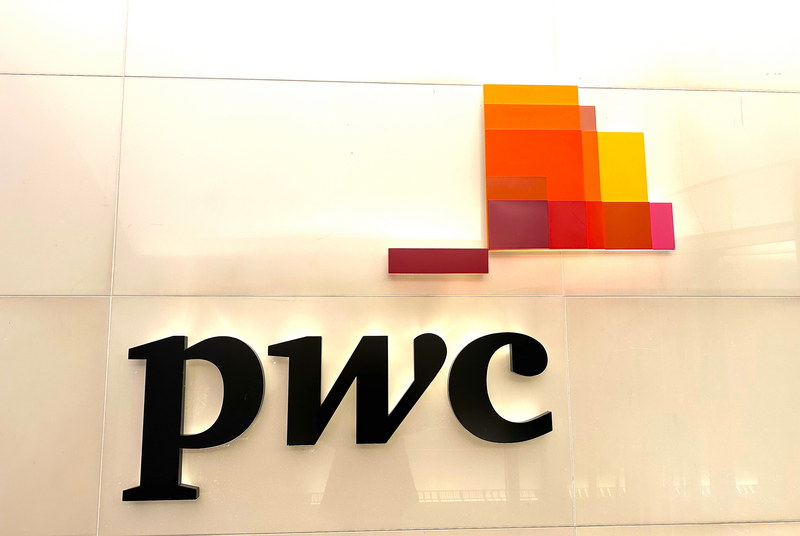On Thursday, the US Public Company Accounting Oversight Board (PCAOB) announced three settled disciplinary orders sanctioning three China-based firms and four individuals for violations of federal securities laws and PCAOB rules and standards.
The settlements and penalties represent a series of first-ever events for the agency.
- These are the first enforcement settlements with mainland Chinese and Hong Kong firms since the PCAOB secured access to inspect and investigate firms headquartered in China and Hong Kong in 2022.
- The sanctions include the highest civil money penalty the Board has imposed against a China-based firm. In fact, one of the penalties represents one of the highest the Board has imposed against any firm.
- The sanctions also include a requirement — for the first time ever in a Board disciplinary order — that a China-based firm retain an independent monitor.
Cheating on exams
The charges were primarily aimed at the China arm of prestigious “Big Four” firm PwC. The PCAOB said the company failed to detect or prevent extensive cheating by its staff during internal training exams in mainland China and Hong Kong. And in its announcement, the PCAOB said the practice was widespread, involving more than 1,000 employees from PwC Hong Kong, and hundreds more from PwC China.
The PCAOB said that from 2018 to 2020, PwC workers “engaged in improper answer sharing — by either providing or receiving access to answers through two unauthorized software applications — in connection with online tests for mandatory internal training courses related to the firms’ US auditing curriculum.”
The $4 million “is the second-highest penalty amount for any firm in PCAOB history, and $3 million matches the third highest amount.”
Erica Y. Williams, PCAOB Chair
The orders are as follows:
- Two disciplinary orders imposing a total of $7m in penalties against two registered public accounting firms within the PwC global network, Shanghai-based PricewaterhouseCoopers Zhong Tian, LLP and Hong Kong-based PricewaterhouseCoopers (“PwC Hong Kong”), for violating PCAOB quality control standards related to integrity and personnel management; and
- A disciplinary order imposing immediate practice limitations (including prohibitions on accepting new PCAOB audit clients), an independent monitor to improve practices and ensure compliance, $940,000 in fines, and bars against individuals at Shandong Haoxin Certified Public Accountants Co., Ltd. (“Haoxin”), a mainland China-based registered public accounting firm, and four of its associated persons for violations that include issuing a false audit report, failing to maintain independence from their issuer client, and improperly adopting the work of another accounting firm as their own.
“The Board’s groundbreaking sanctions on these two PwC affiliates and Haoxin demonstrate the global reach of the PCAOB’s inspection and enforcement programs and its commitment to rooting out misconduct, wherever it occurs,” said Robert E. Rice, PCAOB Director of Enforcement and Investigations.
“These matters should send the message to all registered firms and their associated persons, wherever located, that the PCAOB will continue to be rigorous in its approach to enforcement matters and will employ all sanctions at its disposal to deter misconduct and improve audit quality,” he said.
“American investors are better protected when the PCAOB can audit the auditors of issuers listed in the United States.”
Gary Gensler, SEC Chair
“I want to thank the US Congress for its leadership in passing the Holding Foreign Companies Accountable Act, which created the leverage for the PCAOB to secure the historic access which made these enforcement actions possible,” said Erica Y. Williams, PCAOB Chair. The $4 million is “the second-highest penalty amount for any firm in PCAOB history, and $3 million matches the third highest amount,” she added.
Holding Foreign Companies Accountable Act
The United States had worried for years that the auditors of US-listed Chinese companies were falling down on the job, putting investors at risk, but Beijing had pushed back on US authorities’ access to their records, citing state secrecy concerns.
In 2020, Congress passed the Holding Foreign Companies Accountable Act of 2020 (HFCAA), giving the PCAOB complete access to inspect and investigate audit firms in China for the first time in history.
In August 2022, China (under a looming potential threat of 200 Chinese companies being kicked off of U.S. exchanges) finally agreed to the final framework for beginning inspections of eight audits under the HFCAA. That year, those first auditor inspections occurred.
“American investors are better protected when the PCAOB can audit the auditors of issuers listed in the United States,” SEC chair Gary Gensler said in a statement, thanking Congress for passing the HFCAA and the PCAOB for its work.
An active audit watchdog
In late 2022, the PCAOB issued its revised 2022–2026 strategic plan, which consists of four goals: modernizing auditing standards, enhancing inspections, strengthening enforcement, and improving the PCAOB’s organizational effectiveness.
Williams noted in the plan’s “Message From the Chair” that since the Board became fully staffed in January 2022, it has been “advancing one of the most ambitious, standard-setting agendas in PCAOB history.”

















